India is like that friend who began from nothing and today owns half the city. Really, its entrepreneurial environment is crazy. From little street sellers to billion-dollar companies, the nation is humming with business brains who have rewritten the rules. Think Infosys, Flipkart, and Reliance—names that turned local ideas into global powerhouses.
But here’s the deal: having a website and a great idea isn’t enough. If no one clicks, converts, or even finds you, what’s the point? That’s where Plerdy steps in—tracking what works, what flops, and what makes visitors stick around. Because let’s be real, even the sharpest entrepreneurs need solid data to keep winning.
And India? It’s not just making money—it’s rewriting the business rulebook.
The Evolution of Entrepreneurship in India
India’s business journey? Oh, it’s been a wild ride. Oh, the journey has been wild. Businesses remained in the family back then. Keeping it all in the family, generations running textile mills, spice businesses, or gold stores might be seen. Now fast forward and things have turned around. Young entrepreneurs now defy convention, start tech behemoths, and go worldwide. Tata, Infosys, Reliance started someplace but today they are running the show all around.
From Traditional Businesses to Global Conglomerates
India’s economy was focused on sectors including retail, textiles, and steel before technology seized control. Names like Jamshedji Tata (Tata Group) and Dhirubhai Ambani (Reliance) created legacies rather than merely enterprises. For instance, Tata started off in 1868 selling trade items but eventually entered steel and aviation. Ambansi? began with textiles and grew a worldwide empire from them. These people created rather than followed trends.
The Rise of Tech and Startups
Now, India’s startup scene is insane. With over 108 unicorns (startups worth $1B+), the country’s the third-largest startup ecosystem. Tech companies are running the show. Paytm changed digital payments. Zomato redefined food delivery. Byju’s made online education huge. The numbers? $140 billion in startup funding since 2014.
Old-school family businesses laid the foundation, but today’s entrepreneurs? They’re rewriting the rules—and cashing in while doing it.
Most Influential Indian Entrepreneurs of All Time
Mukesh Ambani – The Telecom and Retail Titan
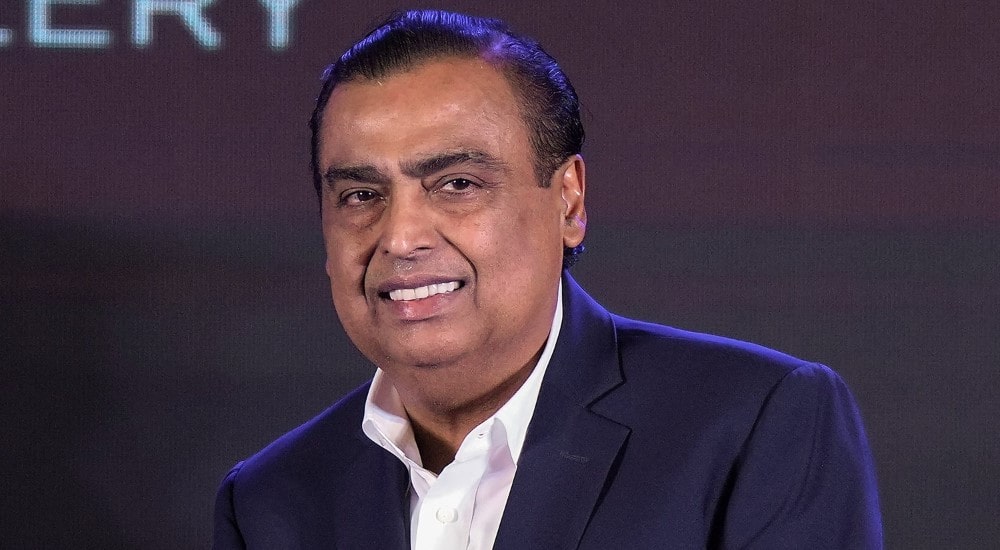
Talking about India’s entrepreneurs without mentioning Mukesh Ambani? Impossible. This business giant turned Reliance Industries into a powerhouse, dominating multiple industries. His biggest game-changer? Jio. When Jio entered India’s telecom market in 2016, it completely disrupted the industry—mobile data went from expensive to nearly free. Within a few years, Jio gained over 400 million users, making India one of the most connected nations.
But an entrepreneur like Ambani doesn’t stop at just telecom. He expanded Reliance into e-commerce with JioMart, challenging Amazon and Flipkart. Now, he’s moving into green energy, with plans to invest $80 billion in renewables. That’s how you future-proof a business. This kind of vision is why he remains one of India’s most powerful entrepreneurs.
Ratan Tata – The Ethical Business Leader
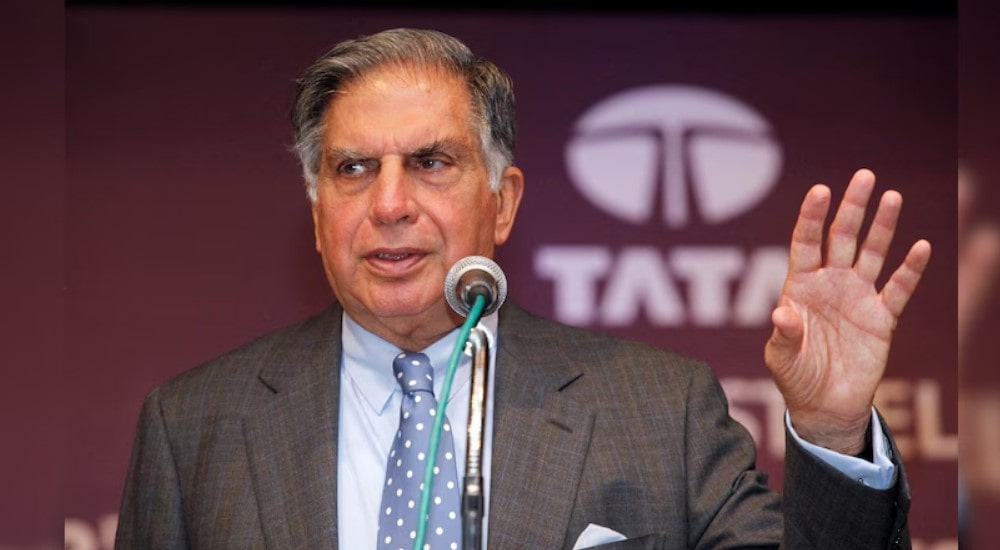
Some Indian entrepreneurs chase profits. Ratan Tata? He builds legacies. As the head of Tata Group, he transformed it into a global brand, acquiring Jaguar Land Rover and even launching the Tata Nano, the world’s most affordable car.
But here’s the twist—while many business leaders focus on making billions, Tata focuses on giving them away. Over 66% of Tata Sons’ dividends go to charity, funding hospitals, schools, and research. This isn’t just business in India; this is shaping a nation’s future. Few entrepreneurs can say they’ve done the same.
N. R. Narayana Murthy – The Father of Indian IT
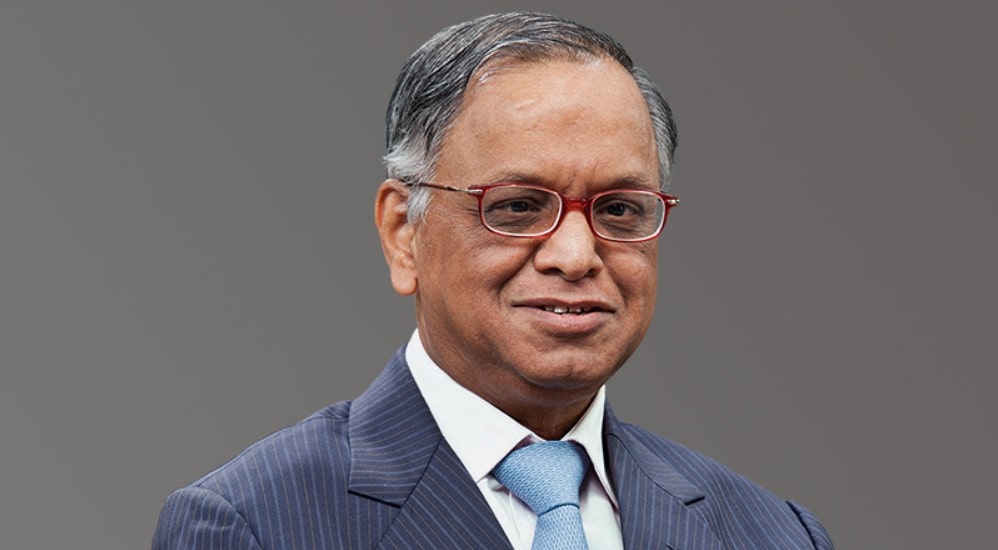
Some Indian entrepreneurs make money. Others change the game. Narayana Murthy did both. Back in 1981, when IT in India was still a small industry, he co-founded Infosys with just $250 in startup capital. Sounds crazy now, right? But today, Infosys is worth over $80 billion and is one of the biggest outsourcing giants in the world.
Murthy wasn’t just about business growth. He pushed for corporate ethics, long before it was trendy. While many entrepreneurs in India focused on short-term gains, he built a company that valued transparency and fair play. That’s why Infosys became the first Indian business listed on the NASDAQ.
Shiv Nadar – A Visionary in Tech Education
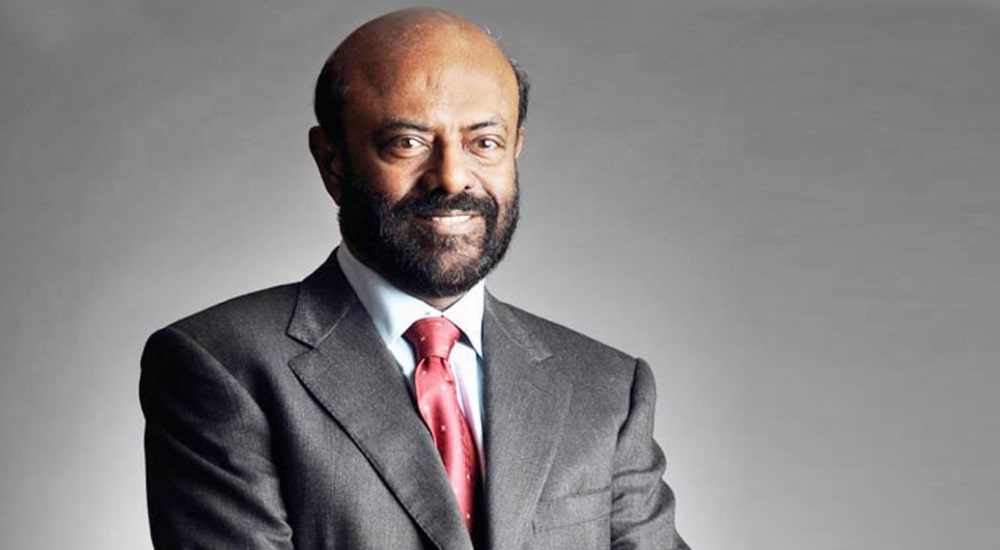
Think about India’s IT boom, and you can’t ignore Shiv Nadar. The man behind HCL Technologies, he helped shape India’s IT industry, turning HCL into a global force. The company now generates over $12 billion annually and operates in more than 50 countries.
But here’s the cool part—he didn’t stop at business. While other entrepreneurs built companies, he built schools. His Shiv Nadar Foundation has invested hundreds of millions into education, ensuring that the next generation of Indian entrepreneurs has the skills to keep pushing the country forward. That’s how you create real impact.
Lakshmi Mittal – The Steel Mogul
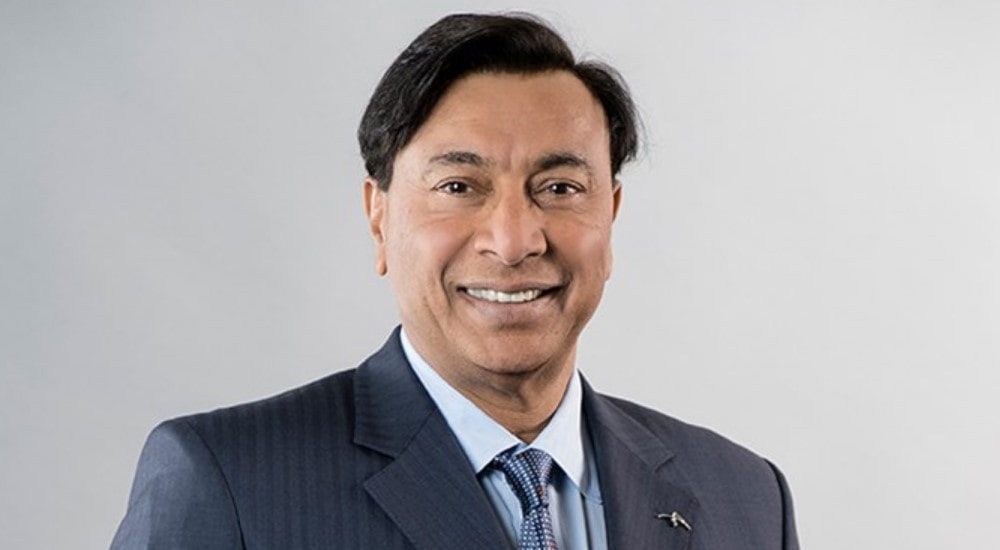
Not every entrepreneur in India builds a global empire, but Lakshmi Mittal? He turned ArcelorMittal into the biggest steel company in the world. This wasn’t a small family business—it was a full-on revolution in the steel industry. He went from running a small steel plant in India to owning factories in the U.S., Europe, and China, shaping global infrastructure.
What made him stand out? Mergers and acquisitions. Mittal didn’t wait for opportunities—he made them. He took over companies, modernized factories, and scaled operations like a true business visionary. Today, ArcelorMittal produces over 88 million metric tons of steel annually and generates more than $79 billion in revenue. That’s not just business growth—that’s industry domination.
Dilip Shanghvi – The Pharmaceutical Giant
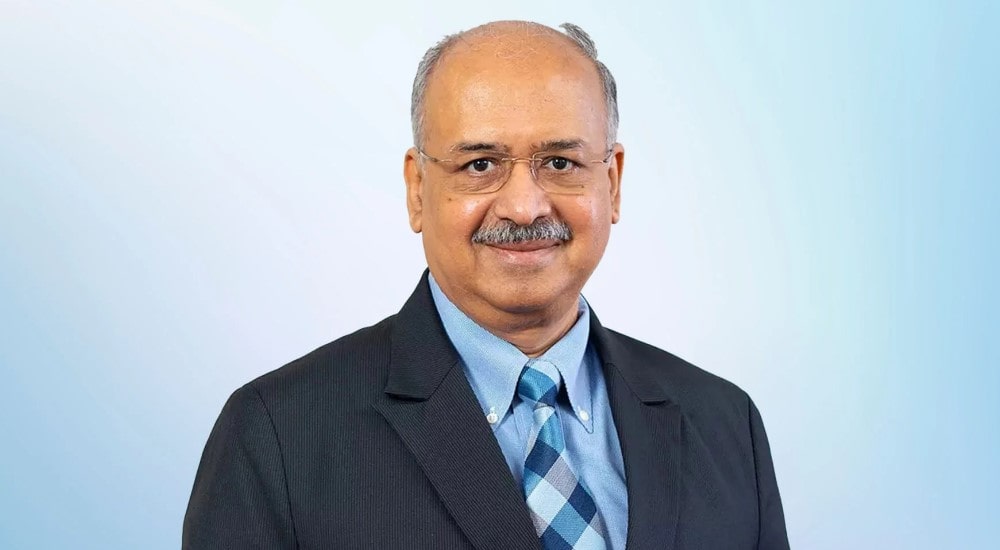
If you’ve ever bought affordable medicine, there’s a good chance Dilip Shanghvi had something to do with it. He founded Sun Pharma in 1983 with just $200. Now? It’s India’s largest pharmaceutical company, valued at over $24 billion.
Shanghvi saw what others didn’t—he focused on generic medicines, making life-saving drugs cheaper and accessible worldwide. While big pharma companies kept prices high, this Indian entrepreneur built a business model that made healthcare more affordable. Today, Sun Pharma operates in more than 100 countries, and its products are found in hospitals and pharmacies across the U.S., Europe, and Asia.
Not bad for a guy who started in a small office in Gujarat, India, right?
India’s Top Self-Made Entrepreneurs
Vijay Shekhar Sharma – The Fintech Entrepreneur Revolutionizing Business in India

When Vijay Shekhar Sharma launched Paytm, nobody thought it would change how business in India operates. But here we are—over 350 million people use it for everything, from daily transactions to booking flights. His entrepreneurial journey was tough. Born in a small town, struggling with English, failing in college, borrowing money just to fund his dream—he faced it all.
Then came India’s demonetization in 2016, and suddenly, digital payments became a necessity. This Indian entrepreneur had the right solution at the perfect time. Now, Paytm isn’t just about payments; it’s a full-fledged business ecosystem offering lending, insurance, and stock trading. Sharma proved that in business, taking big risks leads to big rewards—his company is now valued at over $6 billion, making him one of India’s most influential business leaders.
Deepinder Goyal – The Entrepreneur Who Transformed Food Business
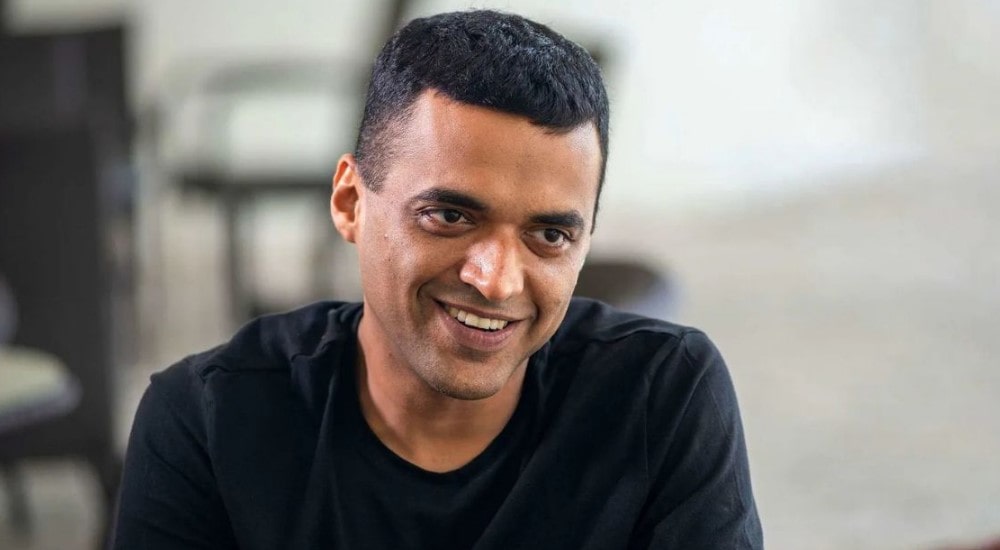
Need a butter chicken fix at midnight? Zomato makes it happen. And it all started with Deepinder Goyal, an entrepreneur who saw a simple problem—office workers struggling to find restaurant menus. What began as a menu-scanning website turned into a global business in food delivery.
Zomato didn’t just stop at India. Now, it operates in 24 countries, proving that an Indian entrepreneur can take on the world. With strategic acquisitions, like Uber Eats India, Goyal showed that the food business is not just about food—it’s about data, logistics, and consumer experience. His vision made Zomato a billion-dollar business, proving that great entrepreneurs solve everyday problems in innovative ways.
Bhavish Aggarwal – The Entrepreneur Driving India’s Mobility Business
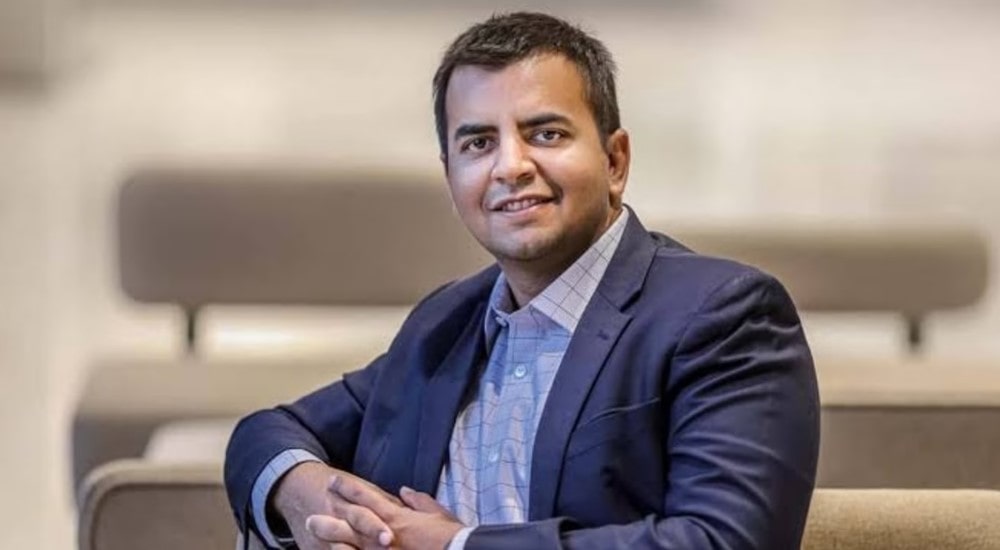
If you’ve ever used Ola Cabs, you’ve experienced Bhavish Aggarwal’s vision firsthand. This Indian entrepreneur didn’t just create a ride-hailing service; he built India’s answer to Uber. Today, Ola is a $7 billion business, operating in 250+ cities across India, the UK, Australia, and New Zealand.
But Aggarwal isn’t just thinking about taxis. His next big move? Ola Electric, an ambitious project to revolutionize India’s EV business market. He aims to put 1 million electric scooters on Indian roads, positioning Ola as a major player in the electric vehicle business. His entrepreneurial mindset is driving India’s mobility sector toward a cleaner, more sustainable future.
Nithin Kamath – The Entrepreneur Who Changed India’s Stock Market Business
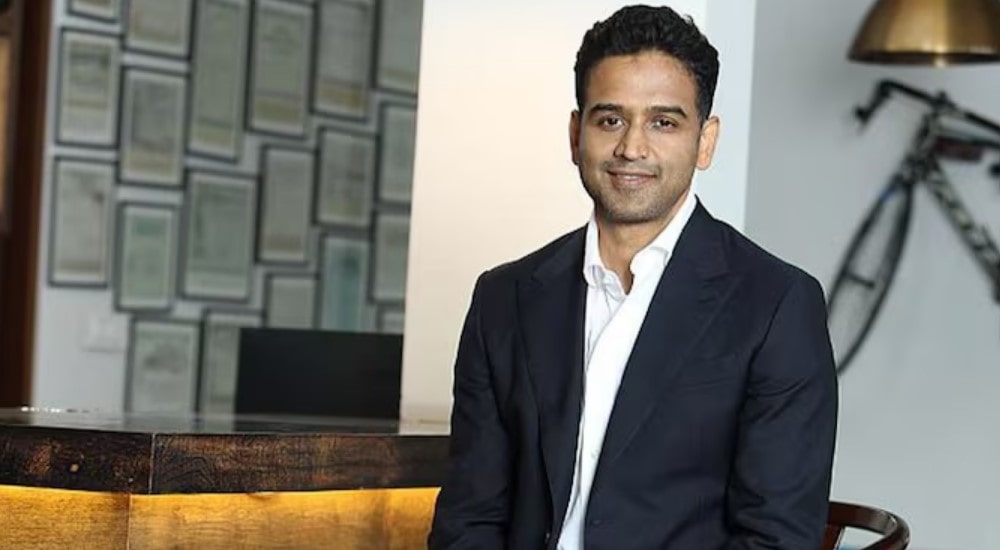
Ever felt investing in stocks was too complicated? Nithin Kamath thought the same. That’s why he launched Zerodha, a discount brokerage that flipped India’s stock market business upside down. No high fees. No confusing platforms. Just simple, low-cost trading.
Kamath didn’t come from a traditional finance background. He was a self-taught entrepreneur who started as a trader, failed, learned, and then built a solution that made investing easier for millions. Today, Zerodha handles over 10 million active accounts, making it the biggest brokerage firm in India’s business landscape. His story proves that an entrepreneur doesn’t need an MBA—just a smart idea, guts, and a deep understanding of what people actually need.
Radhakishan Damani – The Entrepreneur Who Built India’s Most Profitable Retail Business
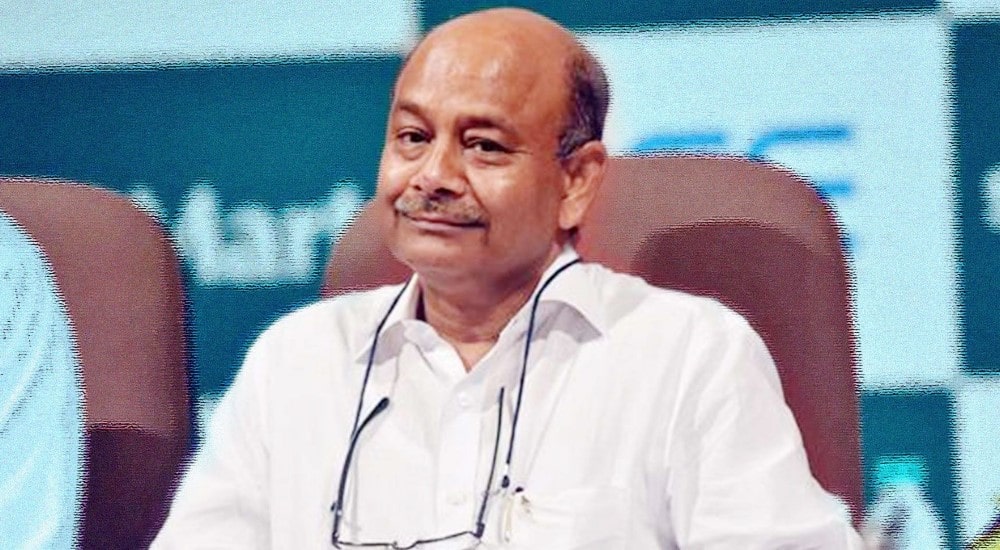
Imagine creating a business empire so strong that even giants like Reliance Retail struggle to compete. That’s Radhakishan Damani for you. He founded DMart, a retail business that became India’s most profitable supermarket chain.
His strategy? Simple. Instead of flashy marketing, he focused on low prices and efficiency. And it worked. DMart is worth over $30 billion today. Unlike many big entrepreneurs, Damani keeps a low profile. No unnecessary press, no show-off moments—just pure focus on building a business that people trust. That’s real entrepreneurial genius in action.
Women Entrepreneurs Leading India’s Business Revolution
Falguni Nayar – The Entrepreneur Who Built a Beauty Empire

Who quits a top business job at 50 to start an e-commerce company? Falguni Nayar did. After years in investment banking, she launched Nykaa, India’s first big beauty e-commerce platform. People thought she was crazy. Beauty in India was all about offline stores, and digital shopping wasn’t big yet. But she saw an opportunity, and now Nykaa is a billion-dollar business.
Her journey proves that an entrepreneur doesn’t need to be young to make an impact. She turned Nykaa into the first woman-led unicorn in India, with a market valuation hitting $13 billion after IPO. Today, Nykaa dominates online beauty shopping, and brands line up to be featured. That’s what smart business vision looks like.
Kiran Mazumdar-Shaw – The Entrepreneur Who Transformed India’s Biotech Industry
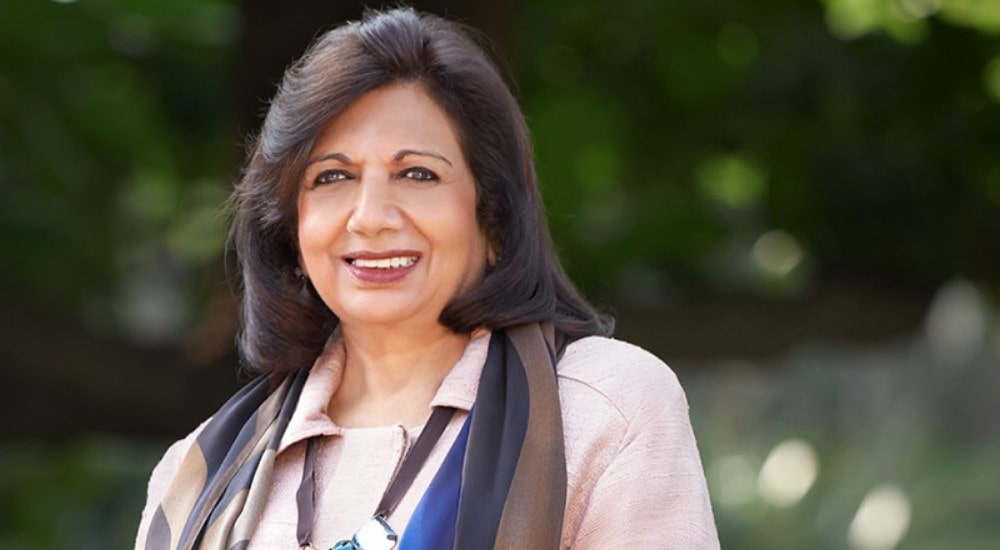
India’s biotech business wasn’t always a big deal. Then came Kiran Mazumdar-Shaw, who started Biocon from her garage. No rich investors, no fancy labs—just one entrepreneur with a vision. She wanted to make medicines cheaper and more accessible, and she did it.
Biocon became one of the biggest biotech companies in India, making affordable biosimilars that help millions globally. She broke barriers in a male-dominated industry and built a business empire in healthcare. Now she’s one of the richest self-made women in India, showing that true entrepreneurial success comes from solving real problems, not just chasing profits.
Vineeta Singh – The Entrepreneur Who Shook Up India’s Beauty Business
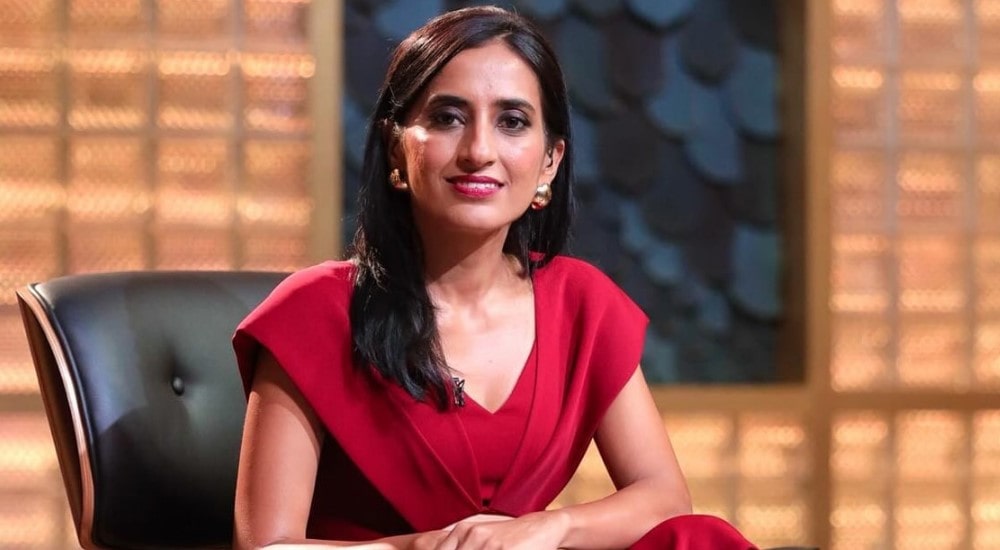
Launching a premium cosmetics brand in a country where drugstore products rule? Sounds risky. But Vineeta Singh, a bold entrepreneur, did exactly that with Sugar Cosmetics. She saw that Indian women wanted high-quality, long-lasting makeup at an affordable price, but big international brands were too expensive. So, she built a business that mixed quality with smart pricing, and it worked.
Now, Sugar Cosmetics is a top name in India’s beauty industry, selling online and in over 45,000 stores. Competing with global giants wasn’t easy, but Vineeta proved that an entrepreneur with a solid business vision can take on the big players and win.
Suchi Mukherjee – The Entrepreneur Who Changed Online Shopping
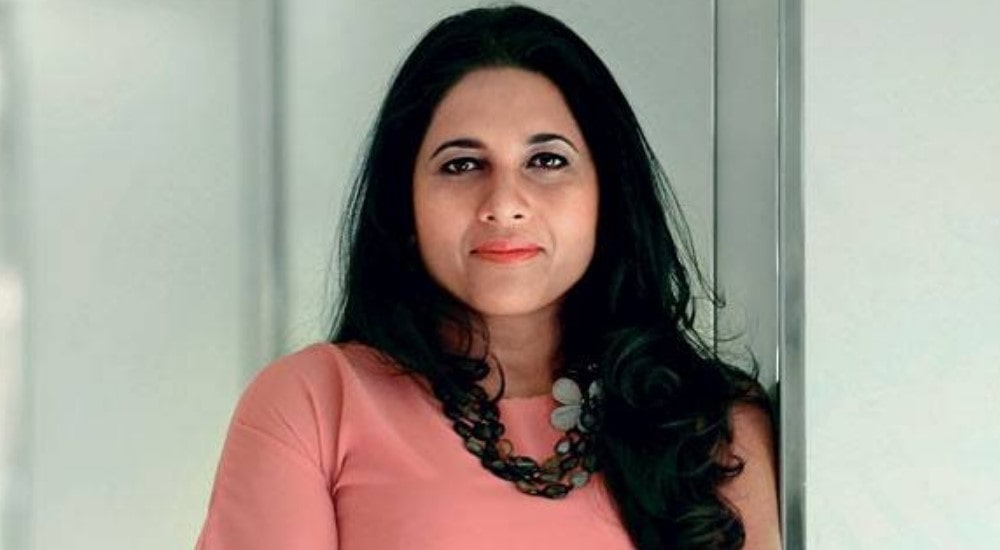
Indian e-commerce business is a battlefield. Amazon and Flipkart dominate, yet Suchi Mukherjee carved her own space with Limeroad. What’s different? She brought social commerce into the game—think Pinterest meets online shopping. Women could create style boards, share looks, and shop curated outfits.
Limeroad took off, pulling in millions of users. Suchi’s entrepreneurial mindset helped bridge the gap between discovery and purchase, turning browsing into real sales. With India’s digital economy booming, her business model set new trends in e-commerce entrepreneurship.
Key Factors Behind the Success of Indian Entrepreneurs
What makes an Indian entrepreneur stand out in the global business world? It’s not just about having a great idea. Success in India’s business ecosystem comes from a mix of resilience, adaptability, and smart use of technology. Many top entrepreneurs in India have turned local challenges into billion-dollar opportunities, pushing their businesses beyond borders.
Resilience and Adaptability
Running a business in India is no easy ride. Entrepreneurs face strict regulations, unpredictable markets, and fierce competition. But what sets them apart? They don’t quit. When Reliance Jio launched, competitors dismissed it as just another telecom company. Today, Jio dominates the industry with over 450 million users, proving that bold moves and risk-taking pay off. Entrepreneurs in India know how to pivot, adjust strategies, and survive economic shifts.
Innovation and Technology Adoption
Indian tech entrepreneurs are leading a digital revolution. From mobile payments to AI-driven healthcare, technology is at the core of modern business in India. Startups like Paytm changed how people handle money, while companies like Zoho offer business software that competes with global giants. Innovation isn’t a luxury—it’s a necessity in a market where millions of users demand fast, affordable solutions.
Global Expansion and Market Dominance
Once, Indian companies were mostly local. Now? They’re everywhere. Infosys, Tata, and Mahindra—these names are recognized worldwide. The Indian business mindset is no longer just about survival; it’s about domination. Entrepreneurs now build brands with international appeal, from Zomato in food tech to Ola in mobility. India’s market is huge, but the ambition of its business leaders is even bigger.
Conclusion
Indian entrepreneurs are shaking up the global business scene. From small family businesses to billion-dollar tech startups, they’re proving that success comes from bold ideas and relentless hustle. Companies like Reliance, Infosys, and Paytm are not just leading in India—they’re making waves worldwide.
What’s the secret? A mix of innovation, adaptability, and fearless ambition. Whether it’s launching a fintech revolution or building the next e-commerce giant, Indian entrepreneurs aren’t slowing down. And with India’s economy growing at 6-7% annually, they have no reason to.
The future? More disruption, more game-changing ideas, and more Indian brands taking over the world.
